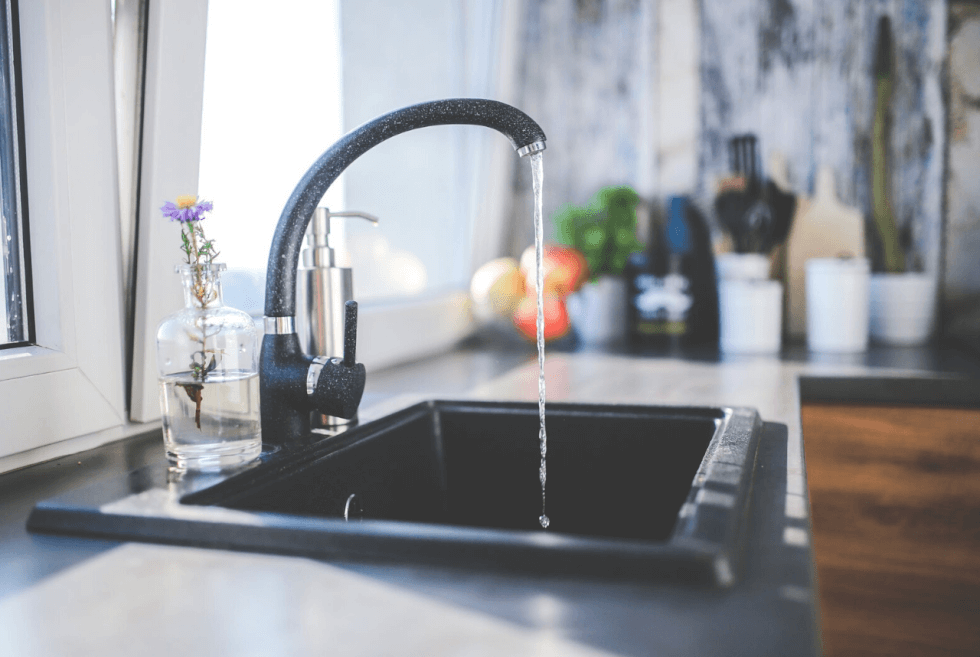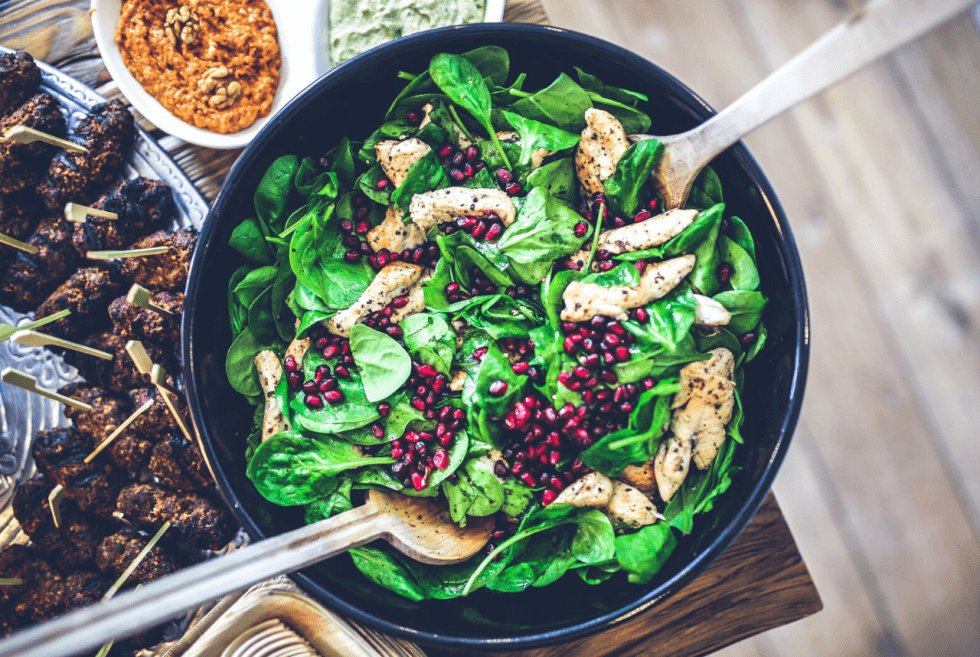
Over the past few decades, the need to be conscious of our actions and the impact these have on the environment has become much clearer. Many of us are actively taking steps to lessen the negative effect we have on the world around us. However, it isn’t always easy with our busy lives. Continue reading for some simple household hacks which will help you to help the environment.
Power

We are probably all guilty of leaving appliances on standby. Simply unplug things to ensure there is no wasted electricity. Although this can make it awkward resetting the clock on certain things, such as microwaves and ovens, it is a small inconvenience which makes a big difference. You will probably notice a reduction in your bill at the end of the month or quarter as well. Win-win situation! On dry days, do not be tempted to use your tumble dryer. Hang things outside on the line to dry. If your home is warm, you could even dry things on a clothes airer.
Water

We all know to switch off the water while we are brushing our teeth. That was drilled into most of us as children. But there are also other things you can do to save a vast amount of water. First of all, reuse water. Rather than boiling the kettle to make stock or gravy, try using the water you used to boil the potatoes. If you have a condenser tumble dryer, you will be left with a significant amount of water in the collection tank at the end of a drying cycle. Rather than simply pouring this away, put it into a bucket and reuse. You could water the plants in the garden with it (but make sure it’s cold first) or even use it to flush the toilet, saving a significant amount of water in the process. Heritage steel water tanks are another great thing to consider. Living in a country where rainfall is unpredictable, it is necessary to collect and reuse as much as possible.
Food

Reducing the amount of food waste we produce can have a significant positive impact on the environment. The biggest thing that you can do to help change this is by planning ahead. Before you do your weekly shop, grab yourself a pen and piece of paper. Plan each meal you will cook for the coming week and check in your cupboards, fridge and freezer which ingredients you already have and which you will need. After you have done that shop, look at the use by dates on the perishables and check that the meal plan allows for those dates. You may need to tweak things by bringing a meal or two forward. Buying food locally can also make a huge difference as the food miles will be much lower. Try to cook with foods that are in season rather than relying on ones shipped from other places around the world. Reducing the amount of meat you have in your diet can be helpful too. No one is saying you must become vegetarian or vegan, but perhaps try one or two meat-free days a week.







